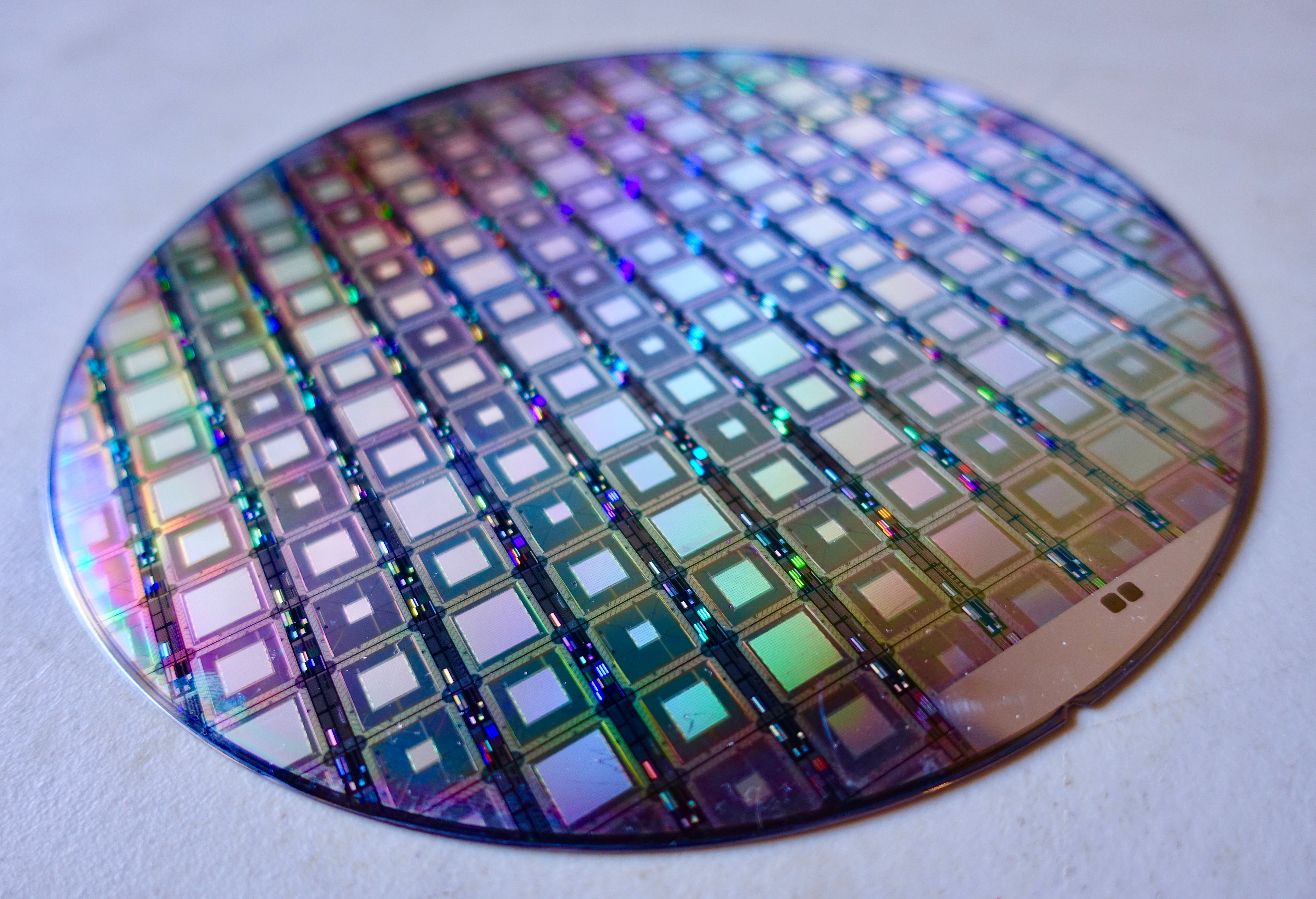Quantum computing
Enlarge text Shrink text- Work cat: Xiong, F. A generalized noisy communication channel approach for quantum computing, 2013.
- Physical review. A, Feb. 2014:p. 022306-1 (Tractable simulation of error correction with honest approximations to realistic fault models. ... Quantum computing is the theory and practice of using systems which exhibit the properties of quantum mechanics to store and process information, allowing certain computational problems to be solved with greater speed than any known classical algorithm)
- Journal of computational and applied mathematics, Dec. 1, 2013:p. 15 (Quantum Computing (QC) is a new research field that has induced intense researches in the last decade, and that covers investigations on quantum computers and quantum algorithms. QC relies on the principles of quantum mechanics like qubit representation and superposition of states. QC is able to process huge numbers of quantum states simultaneously in parallel. QC brings new philosophy to optimization due to its underlying concepts)
- Webopedia, Jan. 28, 2015(First proposed in the 1970s, quantum computing relies on quantum physics by taking advantage of certain quantum physics properties of atoms or nuclei that allow them to work together as quantum bits, or qubits, to be the computer's processor and memory. By interacting with each other while being isolated from the external environment, qubits can perform certain calculations exponentially faster than conventional computers)
- Metodi, T.S. Quantum computing for computer architects, 2006:p. iv (Quantum computation may seem to be a topic for science fiction, but small quantum computers have existed for several years and larger machines are on the drawing table. These efforts have been fueled by a tantalizing property: while conventional computers employ a binary representation that allows computational power to scale linearly with resources at best, quantum computations employ quantum phenomena that can interact to allow computational power that is exponential in the number of "quantum bits" in the system. Quantum devices rely on the ability to control and manipulate binary data stored in the phase information of quantum wave functions that describe the electronic states of individual atoms or the polarization states of photons)
- Quantum Artificial Intelligence Laboratory WWW home page, Jan. 28, 2015(Quantum computing is based on quantum bits or qubits. Unlike traditional computers, in which bits must have a value of either zero or one, a qubit can represent a zero, a one, or both values simultaneously. Representing information in qubits allows the information to be processed in ways that have no equivalent in classical computing, taking advantage of phenomena such as quantum tunneling and quantum entanglement. As such, quantum computers may theoretically be able to solve certain problems in a few days that would take millions of years on a classical computer)
- Emerging trends in quantum computing, via WWW, Jan. 28, 2015(Quantum computing (or quantum information processesing [sic]) uses qubits as its basic information unit)
A quantum computer is a computer that exploits quantum mechanical phenomena. On small scales, physical matter exhibits properties of both particles and waves, and quantum computing leverages this behavior using specialized hardware. Classical physics cannot explain the operation of these quantum devices, and a scalable quantum computer could perform some calculations exponentially faster than any modern "classical" computer. Theoretically a large-scale quantum computer could break some widely used encryption schemes and aid physicists in performing physical simulations; however, the current state of the art is largely experimental and impractical, with several obstacles to useful applications. The basic unit of information in quantum computing, the qubit (or "quantum bit"), serves the same function as the bit in classical computing. However, unlike a classical bit, which can be in one of two states (a binary), a qubit can exist in a superposition of its two "basis" states, a state that is in an abstract sense "between" the two basis states. When measuring a qubit, the result is a probabilistic output of a classical bit. If a quantum computer manipulates the qubit in a particular way, wave interference effects can amplify the desired measurement results. The design of quantum algorithms involves creating procedures that allow a quantum computer to perform calculations efficiently and quickly. Quantum computers are not yet practical for real-world applications. Physically engineering high-quality qubits is proven to be challenging. If a physical qubit is not sufficiently isolated from its environment, it suffers from quantum decoherence, introducing noise into calculations. National governments have invested heavily in experimental research aimed at developing scalable qubits with longer coherence times and lower error rates. Example implementations include superconductors (which isolate an electrical current by eliminating electrical resistance) and ion traps (which confine a single atomic particle using electromagnetic fields). In principle, a classical computer can solve the same computational problems as a quantum computer, given enough time. Quantum advantage comes in the form of time complexity rather than computability, and quantum complexity theory shows that some quantum algorithms are exponentially more efficient than the best-known classical algorithms. A large-scale quantum computer could in theory solve computational problems that are unsolvable by a classical computer in any reasonable amount of time. This concept of additional ability has been called "quantum supremacy". While such claims have drawn significant attention to the discipline, near-term practical use cases remain limited.
Read more on Wikipedia >
 Topic
Topic



